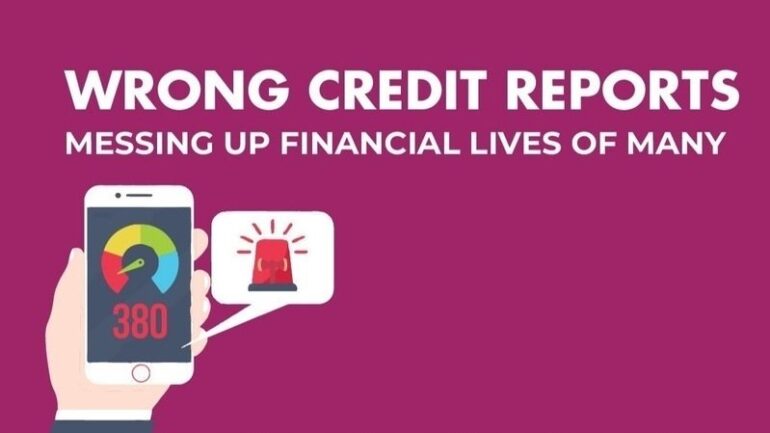Your credit score is a three-digit number that represents your creditworthiness. It is an essential factor in determining whether you will be approved for a loan, credit card, or mortgage, and at what interest rate. However, many people are unaware of the harsh realities of having a poor credit score.
we will discuss the consequences of a low credit score and provide tips on how to avoid them.
- Difficulty Getting Approved for Loans:
One of the most significant consequences of having a low credit score is the difficulty in getting approved for loans. Financial institutions are less likely to approve loan applications from individuals with low credit scores as they are considered high-risk borrowers.
- Higher Interest Rates:
If you manage to get approved for a loan with a low credit score, you will likely have to pay a higher interest rate. Lenders view individuals with low credit scores as high-risk borrowers, so they charge higher interest rates to compensate for the risk.
- Difficulty Getting Approved for Credit Cards:
Individuals with low credit scores also have difficulty getting approved for credit cards. Credit card companies are reluctant to give credit to people with low credit scores as they are considered high-risk borrowers.
- Limited Employment Opportunities:
Some employers perform credit checks on job applicants as part of the hiring process. If you have a low credit score, it could impact your chances of getting hired for certain jobs.
- Difficulty Renting an Apartment:
Landlords often perform credit checks on prospective tenants. If you have a low credit score, it could make it difficult to rent an apartment as landlords may view you as a high-risk tenant.
To avoid the harsh realities of having a low credit score, here are some tips to improve your credit score:
- Pay Your Bills on Time:
Paying your bills on time is one of the most effective ways to improve your credit score. Late payments can have a significant negative impact on your credit score.
- Keep Your Credit Utilization Low:
Credit utilization refers to the amount of credit you use compared to the amount of credit available to you. Keeping your credit utilization low can improve your credit score.
- Monitor Your Credit Report:
Regularly monitoring your credit report can help you identify errors or fraudulent activity that could negatively impact your credit score.
- Avoid Applying for Multiple Loans or Credit Cards:
Every time you apply for a loan or credit card, it results in a hard inquiry on your credit report, which can lower your credit score. Avoid applying for multiple loans or credit cards within a short period.
In conclusion, a poor credit score can have significant consequences, such as difficulty getting approved for loans, higher interest rates, and limited employment and housing opportunities. By following the tips provided above, you can improve your credit score and avoid the harsh realities of having a poor credit score.
To learn more about how to improve your credit score and avoid the harsh realities of having a poor credit score, visit our website at https://aamkarobari.org/.and sign the petition





7 Comments
Vishnu Yadav
मेरा इसको भी धीरे-धीरे डाउन होता जा रहा है समझ में नहीं आ रहा है क्या हो रहा है सो प्लीज हेल्प मी
digitalstar92
https://aamkarobari.org/petition/
Sign This Petition
Dileep Kumar
Loan time se na Dene ki wajah Mera CIBIL kharab ho gaya hai
digitalstar92
https://aamkarobari.org/petition/
Sign This Petition
digitalstar92
https://aamkarobari.org/petition/
Sign This Petition
Manoj Singh
Hamara civil score kharab hai aur hamen apna civil Sahi karana hai kripya hamari madad Karen
digitalstar92
https://aamkarobari.org/petition/
Sign This Petition